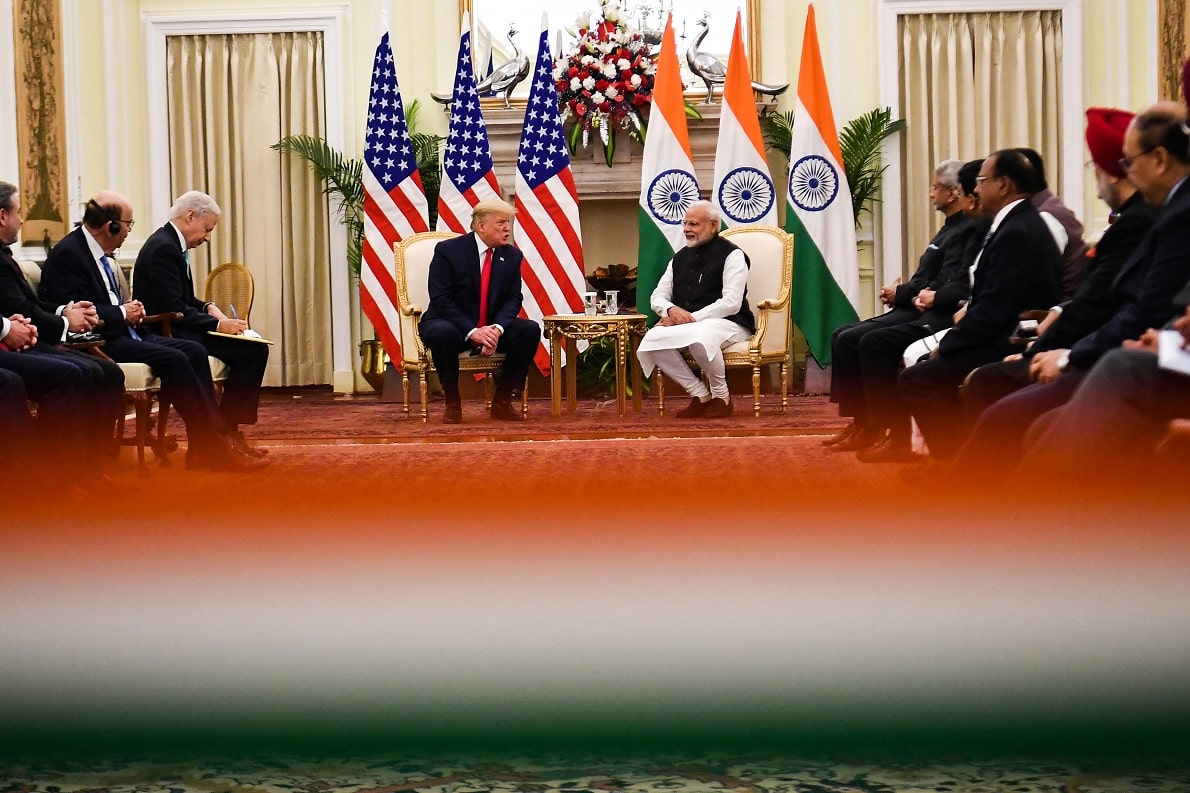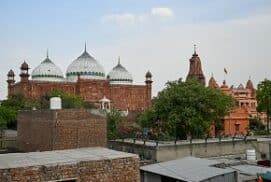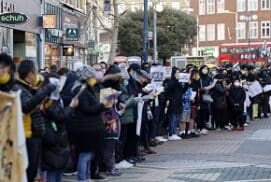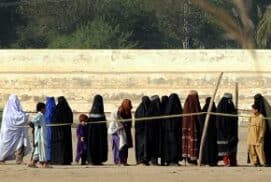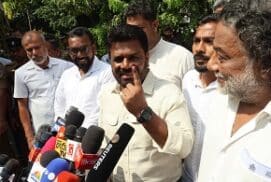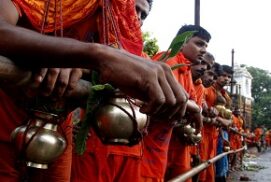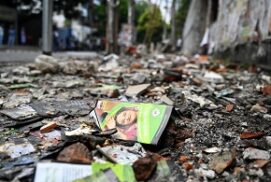January 6 marks the fourth anniversary of an unprecedented attack on the United States Capitol and American democracy. Far more than advancing “the lie” about a stolen 2020 election, the insurrectionists of January 6 presented the world with an alternative understanding of America, one arising from fears of white replacement and steeped in Christian nationalist ideas and imagery. Despite being the only twice impeached U.S. president and a convicted felon, Donald Trump not only won the last election, but also gained majorities in both the Senate and the House and made inroads into Asian, Black, and Latino American communities that typically vote Democrat. These facts should prompt us to reframe January 6 not as a shameful setback for MAGA, but as a catalyst for the movement’s onward march. To what kind of America will Trump 2.0 take us? This is where a comparative lens can be useful.
Analyses
Asia
- Abhijan Choudhury 16 December 2024The controversial “survey” of a mosque in the small north Indian town of Sambhal, in the state of Uttar Pradesh, sparked violent protests last month, leaving at least five people dead. The incident reignited the age-old debate over the need to “correct mistakes” committed centuries ago and their impact on social harmony and peace in contemporary India.
- Owen Au 3 December 2024Hong Kong, once a vibrant city celebrated as an international financial hub, is now witnessing a significant new wave of mass exodus. While official data on the scale of this migration is unavailable, estimates suggest that between 200,000 and 500,000 people have left the city over the past few years. Hong Kong has long been familiar with migration; cross-border employment and split families are nothing new to Hongkongers. However, the mass migration taking place is still something worth a glance at – not only because of the factors driving it but also because, for the first time, it has created a Hong Kong diaspora.
- Iqra Khan 21 November 2024“I just hope that both of my children are returned to their tribe,” says Masta Bibi, a partially blind Pashtun woman in her seventies. Originally from Mirali in North Waziristan, Pakistan, she is the mother of two missing sons: Bilal, who disappeared 11 years ago, and Ihtesham, who vanished two years ago. Her home was destroyed during a military operation targeting terrorist groups that sought refuge in the ex-FATA region after September 11, 2001. Despite her frailty, she attended the Pashtun Qaumi Jirga, held from October 11 to 13 in Jamrud, Khyber, with a lingering hope for justice.
- Maria Tavernini 19 November 2024The sweeping majority secured by Sri Lankan President Anura Kumara Dissanayake’s leftist coalition in the snap parliamentary election on November 14 marks a major shift in the country’s electoral landscape. Cutting across ethnic and religious differences, Sri Lankans swept the National People’s Power (NPP) front to a landslide victory, granting Dissanayake’s alliance a total of 141 seats out of 225.
- Raul Kumar 14 November 2024On October 20, 2024, tensions erupted in Jammu, Kashmir, when accusations of cow smuggling triggered a violent clash, part of an escalating wave of Gau Rakshak (cow protection vigilante) aggression across India. Under Prime Minister Modi’s third term, commonly known as “Modi 3.0,” these self-styled cow protectors have become increasingly emboldened, often targeting marginalized groups – particularly Muslims and Dalits involved in the livestock trade. Modi 3.0 has seen a noticeable rise in such incidents, with vigilante groups frequently operating with implicit political backing as they enforce cultural and religious norms around cow protection.
- Abhijan Choudhury 10 October 2024Once a formidable force in Indian politics, the Left has steadily declined over the past 15-20 years. It previously governed the states of West Bengal, Kerala, and Tripura, and maintained a significant presence in the national parliament. Today, it has lost two of those states and become a marginal player. In this year’s national elections, a combination of three Left parties won just eight seats out of 545 in the Lok Sabha, the popular chamber.
- Abhijan Choudhury 27 September 2024India’s ruling Bhartiya Janata Party (BJP) has repeatedly been accused by the opposition and civil society of pursuing divisive politics and promoting a sectarian agenda aimed at dismantling the country’s secular foundations to establish a majoritarian state. The recent incident involving the Kanwarias, pilgrims devoted to Lord Shiva, should be viewed in this context, rather than dismissed as trivial, as has been done with similar cases in the past. It once again highlights that the party and its leadership are focused on securing power by appealing to the majority community while sidelining minorities.
- Maria Tavernini 9 August 2024On August 5, after weeks of deadly anti-government protests that rocked the Asian country and killed over 300 people, PM Hasina, 76, was forced to step down and has fled the country “for her own safety,” ending more than two decades at the helm of the country. It is a watershed moment for Bangladesh, whose people – and most remarkably young people with no political affiliation – have managed to oust what was widely perceived as an authoritarian leader whose brutal policies disenfranchised many citizens during her long rule.
- Kristina Kironska 12 July 2024The Rohingya have been forcibly displaced throughout Asia, including India, with repatriation to Myanmar deemed impossible. How are they being treated in India, a country lacking refugee laws and international commitments? According to Indian laws and the policies of the current BJP-led government, they are viewed as “aliens” who pose a security threat and are excluded by the implementation of the Citizenship Amendment Act. Do Indians endorse this view?


